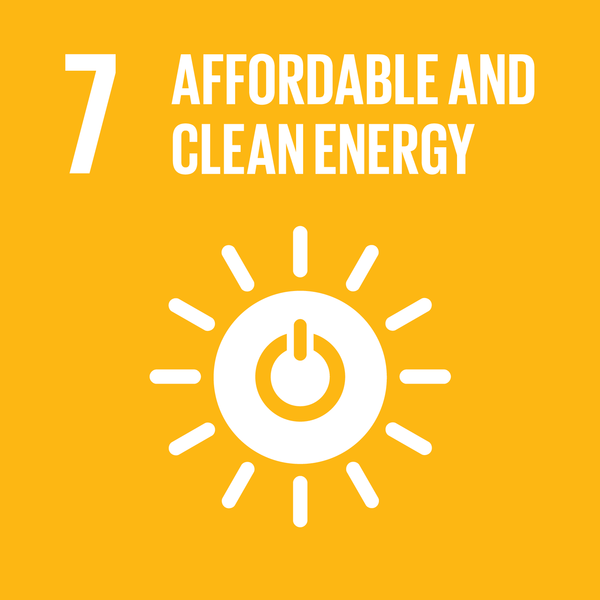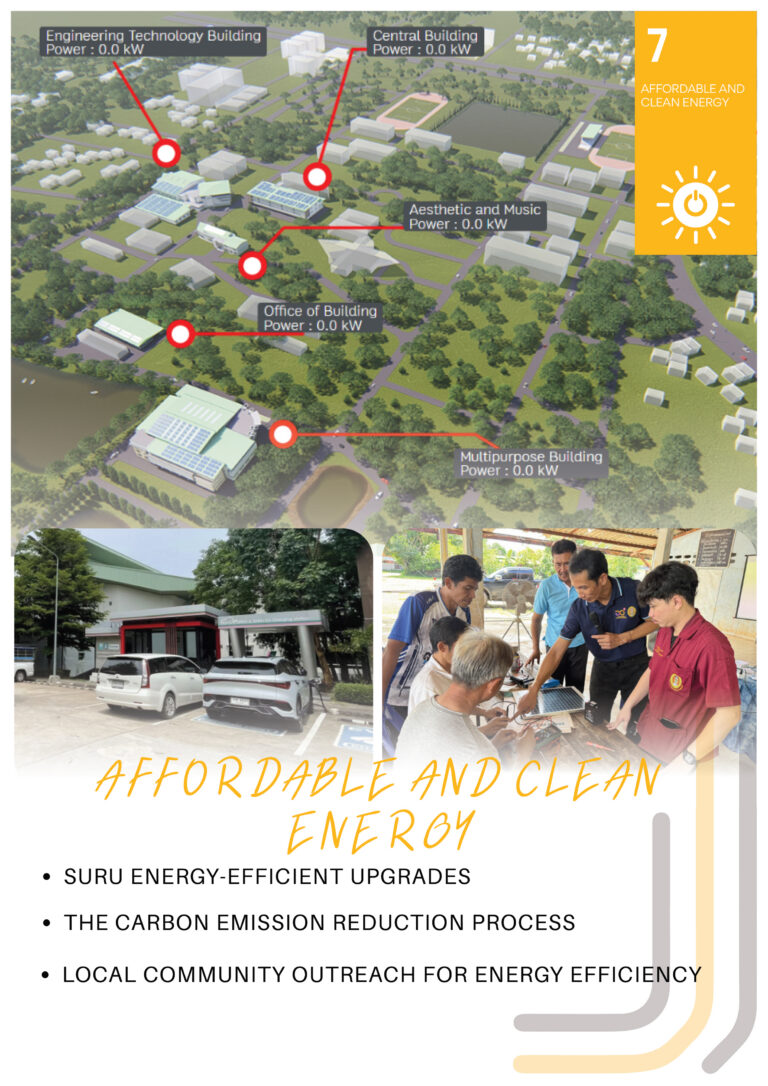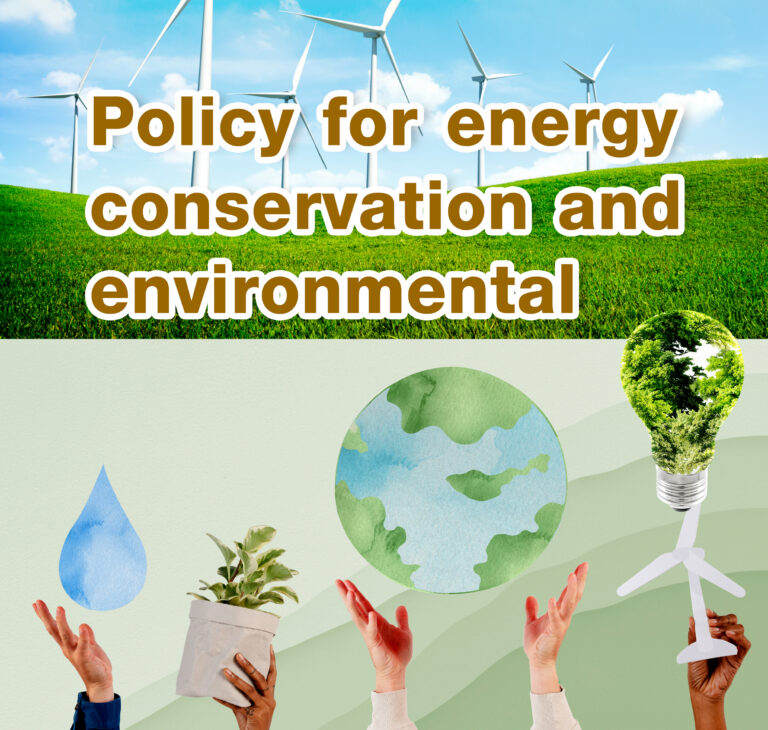Sakon Nakhon Rajabhat University, under the Ministry of Higher Education, Science, Research, and Innovation, encompasses buildings regulated by the Royal Decree on Controlled Buildings, B.E. 2538. These buildings are required to adhere to the Energy Conservation Promotion Act (No. 2) B.E. 2007, necessitating the implementation of an energy and environmental management system within the institution. This initiative aims to curb energy costs, consequently alleviating the country’s energy import burden—a crucial aspect of the government’s energy policies. Moreover, it contributes to mitigating the effects of global warming, fostering a healthier environment for life on Earth.
Therefore, to ensure the ongoing effectiveness and sustainability of energy and environmental conservation efforts, Sakon Nakhon Rajabhat University has officially announced its energy and environment conservation policy. This policy encourages active participation from all university personnel and students in managing energy and environmental aspects within the institution for optimal efficiency. It outlines key priorities for task execution as follows:
1. Formulate energy and environmental conservation policies to be integral to the university’s administrative framework. Develop a vision, mission, goals, and strategies aligned with the overall development of the university.
2. Establish an Energy and Environmental Management Working Group and the Energy and Environmental Management Assessment Committee within the university.
3. Implement and enhance suitable energy and environmental management systems, incorporating conservation practices into the daily operations of the agency while adhering to relevant laws and other requirements.
4. Continuously enhance the organization’s efficiency in utilizing energy resources and promoting environmental sustainability. Align practices with the nature of work, technology employed, and best practices.
5. Establish annual energy conservation plans and goals, communicating them to all staff to ensure understanding and correct implementation.
6. Recognize energy and environmental conservation as the responsibility of executives at all levels and all officials. Collaborate in adhering to prescribed measures, with follow-up, checks, and reporting conducted by the Energy and Environmental Management Working Group.
7. Conduct studies to identify problems and develop effective waste and pollution management measures. Organize activities mindful of their environmental impact.
8. Conduct studies to identify problems and devise measures to reduce greenhouse gas emissions from all university operations.
9. Encourage and support executives, personnel, and relevant stakeholders to develop their skills in accordance with energy and environmental management standards and green practices. This includes staying informed about various laws and regulations related to energy and environmental conservation.
10. Conduct awareness campaigns, organize activities, and promote learning initiatives to enhance understanding and engagement in energy and environmental conservation.
11. Provide necessary support, including personnel resources, budget, and time, for conducting training and participating in activities aimed at developing energy and environmental initiatives. Encourage the sharing of opinions to contribute to the improvement of energy and environmental work.
12. Regularly review and continuously improve policies, goals, and operational plans for energy and environmental management. This process involves executives and the team dedicated to energy and environmental management work.
From now onwards
As of March 9, 2022, the new policy will take effect.




